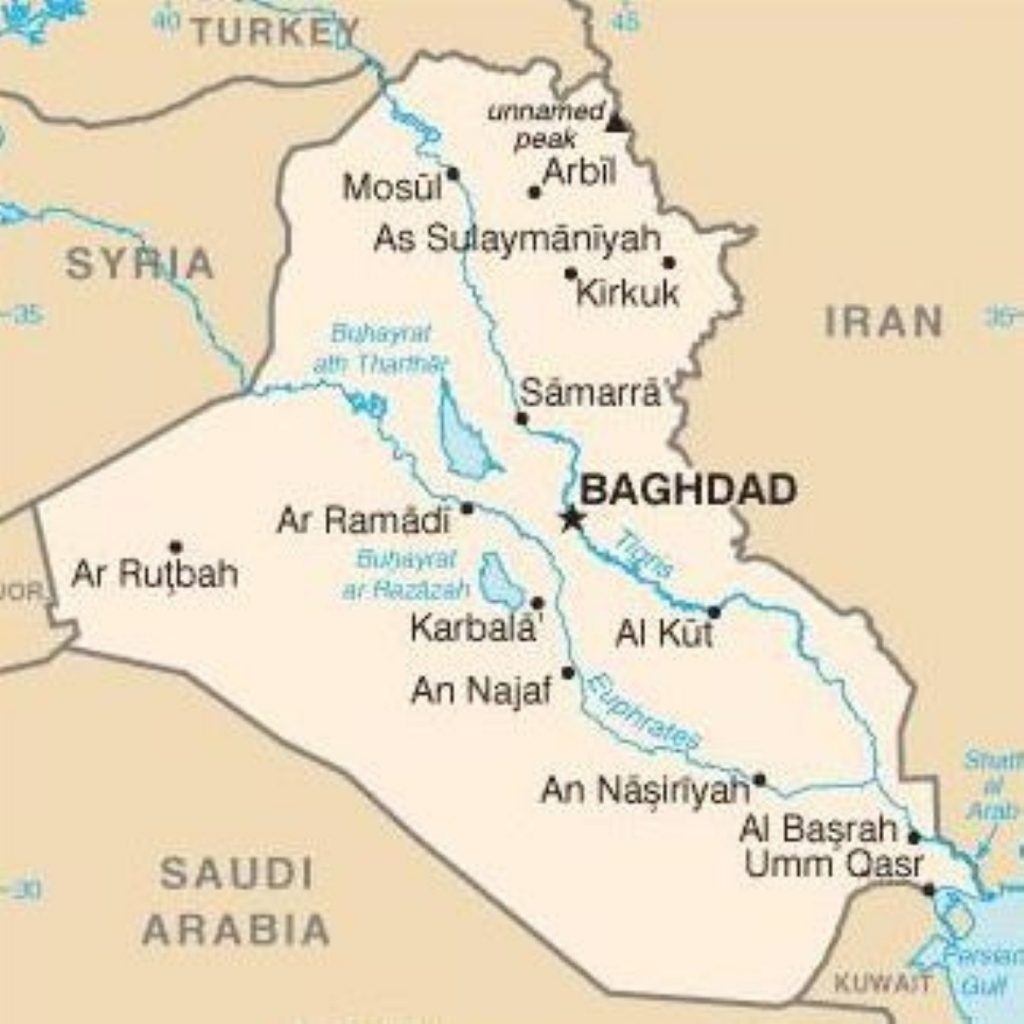Britain ‘must hold firm’ in Iraq
The prime minister has reiterated his belief that British troops should stay in Iraq until “our job is done”, amid warnings that the UK’s commitment must not be open ended.
In a debate after the Queen’s speech yesterday, Tony Blair stressed once again that “our task is to stand firm with the democrats against the terrorists”.
British troops were gradually withdrawing from the south as the capabilities of Iraqi security forces increased, he told MPs.
But he stressed: “The single most important thing is not to send any signal to the enemy that we are fighting, that our will or determination will be undermined by the difficulties we face.”


Today, the bodies of the four British soldiers killed on Remembrance Sunday in Iraq were flown home by the RAF, and in the House of Commons debate yesterday, Mr Blair and opposition leaders paid tribute to their lives.
David Cameron made clear that he supported military action in both Iraq and Afghanistan and backed the democratically elected governments in those countries. However, he said it was now vital to take the “right actions” to maximise the chances for stability in both places.
“We have a profound interest in preventing Iraq from sliding further into bloodshed, and so does the wider world. The options are stark,” the Conservative leader said.
“Simply cutting and running would cause mayhem, but the prospect of an open-ended commitment serves neither Iraq’s interests nor our own – and anyway, it is simply not practical.”
However, Liberal Democrat leader Menzies Campbell dismissed both Mr Blair and Mr Cameron’s comments that they would not cut and run as “meaningless expressions when judged against the complexity of the circumstances in Iraq”.
They failed to convey “the degree of sophistication and intellectual rigour that is necessary to establishment of a proper position for the UK”, he said, and repeated his argument for a phased withdrawal of troops from Iraq.
Sir Menzies said Britain’s position in Iraq was not based on British priorities but on an “apparently uncritical acceptance of a United States strategy that has self-evidently failed”.
His position was supported by Scottish National Party (SNP) leader Alex Salmond, who noted the White House’s reaction to Mr Blair’s submission to a US inquiry into the Iraq war – that his position on future strategy was no different from president George Bush’s.
Mr Blair signalled a new strategy earlier this week, when he said Syria and Iran were crucial to achieving peace in Iraq. Washington officials have now indicated that they are considering opening talks with Iran, despite initial suggestions to the contrary.
And yesterday Mr Cameron backed this approach, saying it had “merit”, but said it was on the “moderate Arab governments that our efforts should concentrate” as their support was crucial, and they could help in another key area of turmoil – Middle East peace.
The prime minister said there were “immense challenges” in both Iraq and Afghanistan, but stressed: “The strategy is to go when our job is done.”

